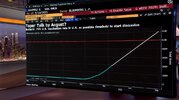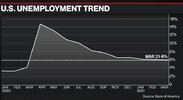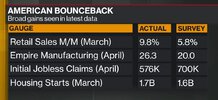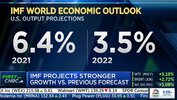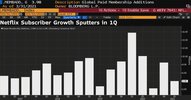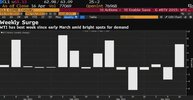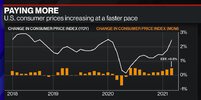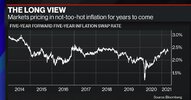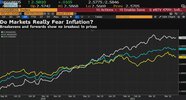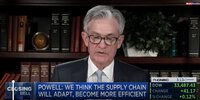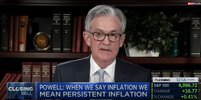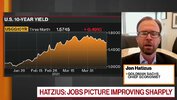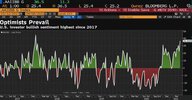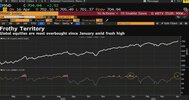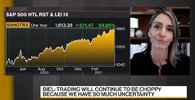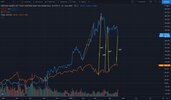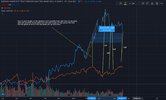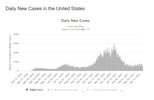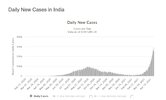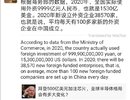- Joined
- 8 June 2008
- Posts
- 13,100
- Reactions
- 19,260
Consumer confidence strongest since 2010Rubbish, widen your field of view..
https://www.commsec.com.au/market-news/the-markets.html : Reports
Job bonanza
Consumer confidence strongest since 2010
Business conditions hit record high
You all know my high skepticism of the so called Covid vaccines, I wonder what that confidence will become when people will realise that the Astrazeneca vaccine we are supposed to ..one day..make here and use is actually
NOT working against the south african and some UK trends.
So far ,people focus on the clot issues..which scientifically is not a big deal in term of risk vs benefit if you are at risk with covid..aka older.The vaccine makes sense then...as long as it works
I suspect that consumer confidence might start going down once people realize this vaccine is not the final answer
Months ago, I was of the opinion that as per historic experiences in the last 40y of research, a vaccine could not be developed against a coronavirus..as per common cold, and for covid as per HIV
I am afraid we will probably have to take the astra zeneca shot as we were doing for the flu vaccine for year: reducing risk but nowhere near as effective as a polio or tetanus vaccine.
So that let us with the mRNA large scale experiment, and while there is probably not much risk getting it at 80+, I know I will abstain for the time being .
So either the optimism crashes (and so the market?) or the scare tactic from the government will have to be tuned down, and some people will die from Covid even if vaccinated.
No economic disaster actually as the % are actually very low and most often associated to already existing diseases: dying with Covid or dying from Covid?
But once you raise a fear, the genie is out of the bottle and I am not sure it will be easy for the government to control it back.
I think what we need to check is the number of astrazeneca- SA/Brazilian mutation effectiveness articles on the popular australian media, any surge and we could see a fall in confidence and tightening of the purse, and obviously some hysteric reactions from some premiers...
At least , but for a few reelection plays here, the government has not been using this too much to take control whereas some European countries are turning in de facto dictatorships.

